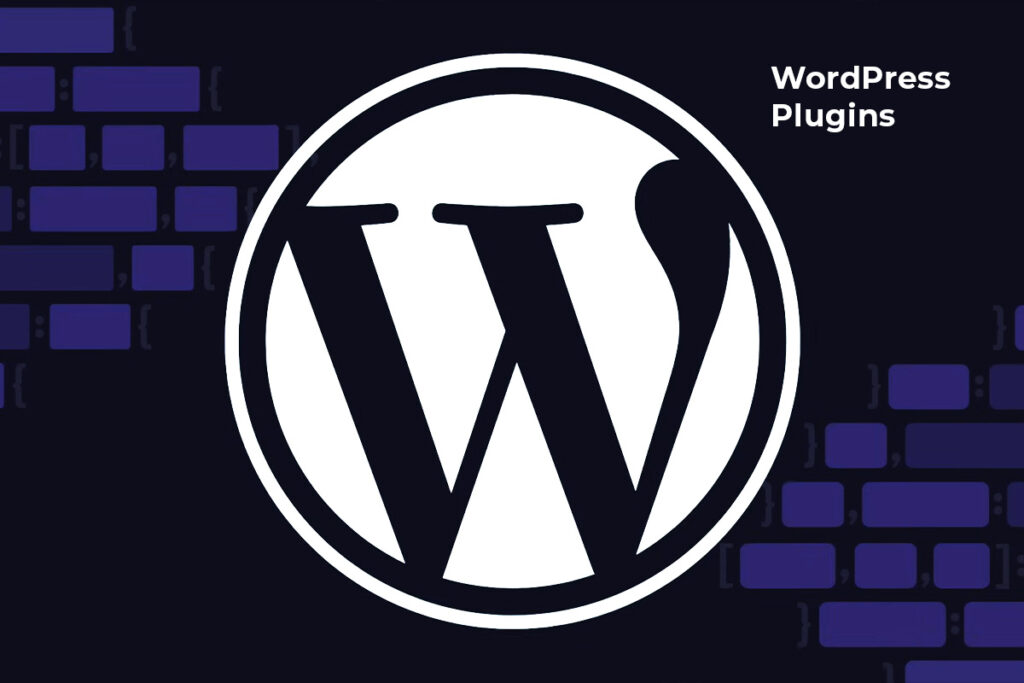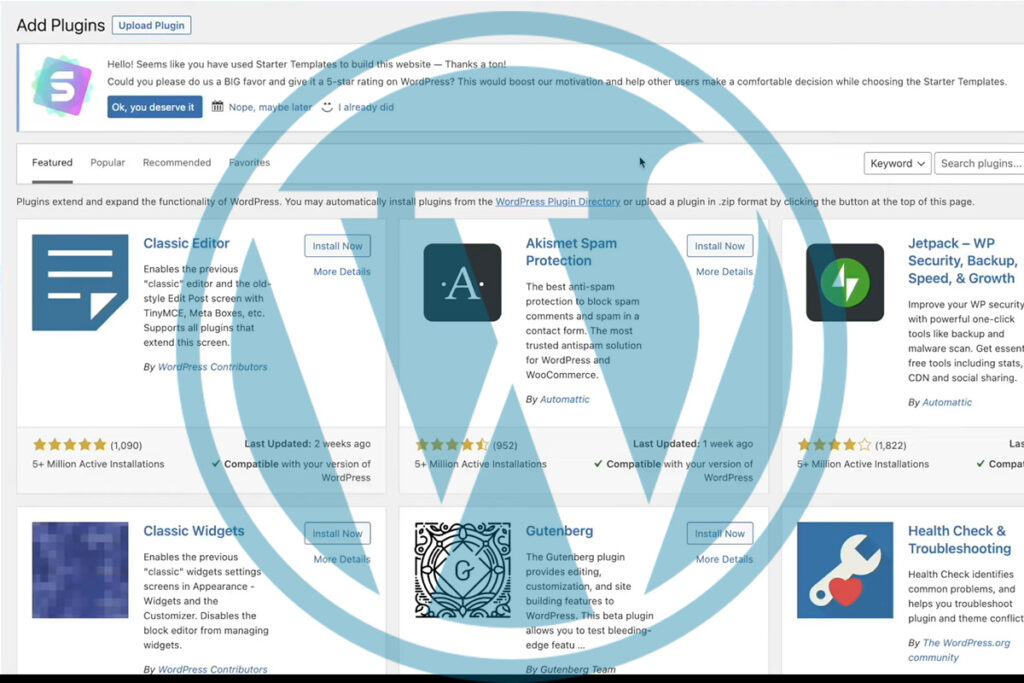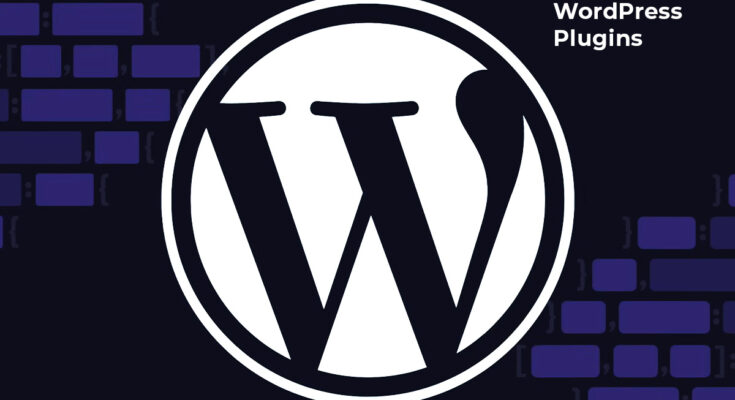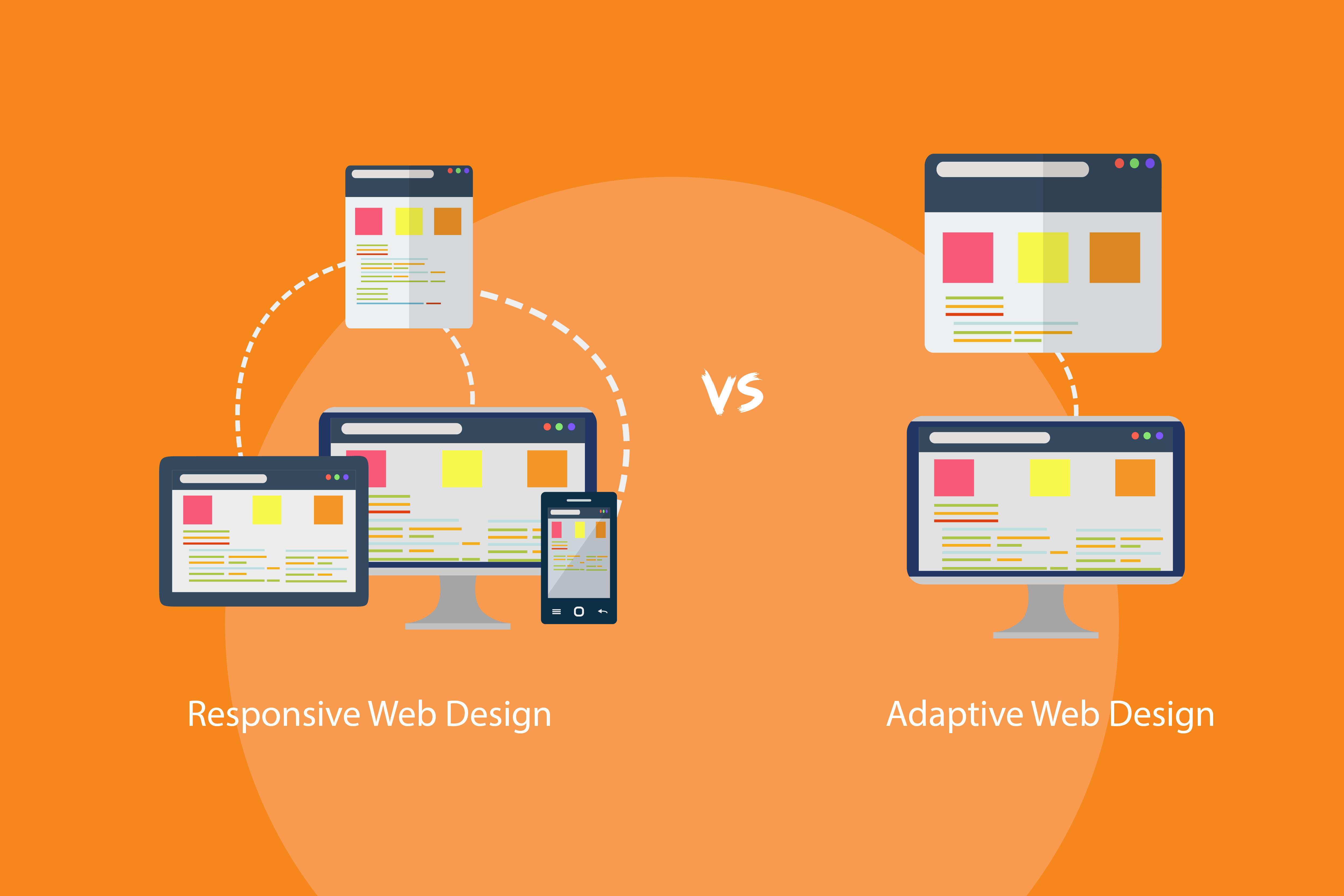Core to WordPress site have been plugins that enable users to extend their capabilities through nonprogramming features. Additional features through plugins create broad possibilities for websites because they provide programming-free solutions to multiple website requirements. The upcoming year of 2025 brings up the important question about the impact of removing plugins from WordPress solution platforms. The need to evaluate pro and cons exists for WordPress platforms dealing with life without plugins during the modern current movement of technological change.

The Role of Plugins in WordPress Today
Plugins constitute the core component of WordPress websites since they enable users to install important features including:
- Contact forms
- SEO tools
- E-commerce functions (like WooCommerce)
- Caching and performance optimization
- Security enhancements
The advantages of plugins in WordPress site operations come with risks that website speed can decrease and expose security weaknesses. The future development of WordPress requires us to evaluate how plugin absence will affect the platform.
Performance Impact Without Plugins
Using no plugins creates major improvements for website performance speed. The main reason why plugins cause site performance slowdowns is because they produce the following three effects on websites:
- Add unnecessary code
- Make multiple database queries
- Several JavaScript and CSS files add excess bulk to website content
Developers using only built-in features and custom code through WordPress would build faster sites although plugins are not used. The development process becomes prolonged because of the required technical knowledge when benefiting from this approach. Some users face essential challenges when it comes to this approach.
Security Concerns Without Plugins
The primary danger associated with using plugins emerges through security risks. Attackers can find holes in critical vulnerabilities present within third-party plugins. The risk potential from plugins reduces when developers maintain active update schedules for plugins although not all plugin developers ensure timely releases.
Since disabling plugins would lower the potential exposure to external security threats for WordPress websites. Developers must apply strong security principles when building features even though the code must remain secure for custom-made solutions. The decision to accept external risks must be balanced by maintaining custom solution security.
Simplified Maintenance and Updates
The decision not to use plugins leads to enhanced maintenance capability. The regular updating nature of plugins makes them require compatibility with newer versions of WordPress and other plugins. When plugins are omitted from the setup both core WordPress updates and custom code updates become straightforward.
Custom projects need regular maintenance although they eliminate some ongoing plugin-related tasks. The updates to WordPress installations sometimes generate problems between different components of the system even if plugins remain absent. The maintenance process becomes easier yet complete elimination of obligations remains out of reach.
Development Costs and Time
The development of WordPress sites becomes longer and more expensive when built without plugins. Writing unique code is necessary to implement every different feature in the system. To implement e-commerce abilities, you must create each aspect from scratch including shopping carts and payment processors along with product administration systems.
The development process extends due to such expenses along with being time-consuming. Small businesses together with non-proficient users find plugins to be both affordable and fast to deploy. The development process of custom code needs specialized expertise and lasts much more time.
Limited Functionality and Flexibility
Websites gain a broad spectrum of operational features through plugins which can be added effortlessly. Your website runs on functionality provided by plugins because custom-built solutions and WordPress site default features are not possible without them. The restricted flexibility and functionality of your website becomes a limitation when plugins are not accessible.
Website creators need to start development from scratch when they want to add features such as advanced SEO capabilities or social sharing functionality to WordPress sites. Custom features development would generate delays because the entire functionality must be coded from beginning to end.

The Rise of No-Code Tools
No-code and low-code tools will become increasingly popular during the upcoming period from 2025. Web flow together with Wix provide users with platforms to design websites and functions while eliminating the requirement to code. Web tools are likely to merge with WordPress to provide site owners additional options besides plugin usage.
The no-code platforms do not solve every design challenge but they should interest users who need custom features without writing code or using plugins. The availability of no-code tools would enhance the accessibility of plugin-free development because it targets users who lack technical expertise.
SEO and Analytics Without Plugins
Website optimization as well as performance tracking becomes accessible through plugins such as Yoast SEO and Google Analytics. Plenty of website performance elements require manual work unless owners implement custom solutions or install SEO and analytics plugins.
The process of optimizing websites for SEO remains possible without plugins although achieving it requires extensive expertise about SEO principles. A person requires coding abilities to establish distinct analytics solutions. The ease of WordPress processes depends on plugins which deliver pre-developed solutions that integrate with WordPress platforms.
The Verdict: Should You Avoid Plugins in 2025?
Multiple important elements will determine whether plugins should be avoided when planning for 2025.
Technical knowledge or developer hiring ability creates benefits when building plugin-free websites since this approach optimizes performance while securing the site.
Website Requirements dictate custom solutions when dealing with complex websites that have particular requirements. The majority of websites find plugins to be the simplest and most affordable solution.
Website performance increases while maintenance becomes simpler when you eliminate all unneeded plugins from your website system. Custom code needs specialized expertise for proper monitoring to achieve successful results.
The usage of plugins will continue throughout 2025 but their elimination from websites would produce more secure sites with better performance. The assessment needs to consider how the advantages match with the development expenses and duration needed for customized solutions.
Click Here to check latest Ai News
Conclusion
The desire for plugin-free WordPress sites appears attractive under specific situations but plugins stay as important features to this platform ecosystem. Web development tools and technologies may drive changes in website construction methods through alternatives to plugins which include no-code platforms and optimized custom solutions.




